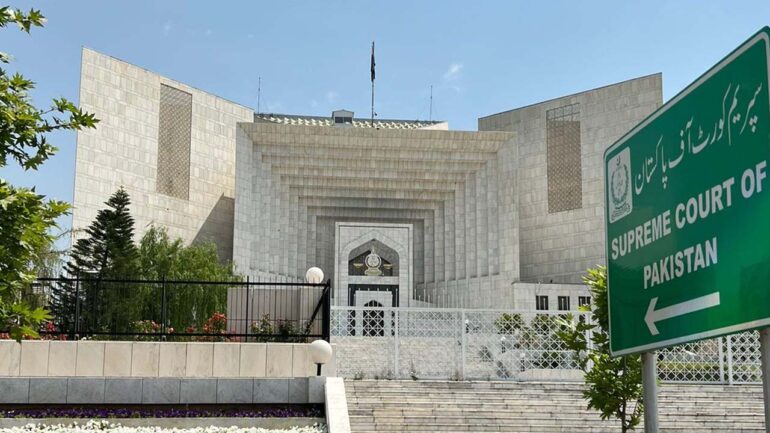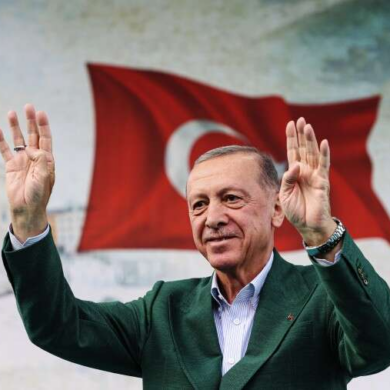Justice Musarrat Hilali on Monday raised serious reservations about the Election Commission of Pakistan’s (ECP) conduct in handling matters related to the Pakistan Tehreek-e-Insaf (PTI) in run-up to the general elections scheduled for February 8.
During the hearing of the PTI’s request for the withdrawal of its level playing field plea, Justice Hilali criticized the ECP remarked that “the Election Commission is not fair. It is running after one party.”
She questioned whether the electoral body was considering the interests of other political parties.
The PTI had initially filed a petition on December 26, accusing the ECP of failing to ensure a level playing field. However, in a surprising move, the PTI withdrew its contempt proceedings plea against the ECP during today’s hearing.
Chief Justice of Pakistan (CJP) Qazi Faez Isa presided over hearing of a 3-memeber bench that included Justice Muhammad Ali Mazhar and Justice Hilali.
PTI’s lawyer Latif Khosa informed CJP Isa that his party intended to pursue the matter in the “people’s court” rather than in the Supreme Court.
Khosa asserted that the Supreme Court’s January 13 verdict, which stripped the PTI of its ‘bat’ symbol, had a significant impact by “snatching” 230 seats from the party.
Despite the withdrawal of the plea, Khosa expressed concerns about the repercussions of the decision, stating that all PTI candidates would now contest as independents, leading to potential confusion.
During the hearing, Khosa accused the ECP of banning one party from parliament, emphasizing that the electoral body could only withdraw election symbols. CJP Isa responded by noting that the ECP had consistently directed the PTI to conduct intra-party polls, which had not been carried out.
The initial PTI plea highlighted the ECP’s failure to implement the Supreme Court’s directions from December 22, wherein the electoral body was instructed to address the PTI’s concerns about an alleged lack of a level-playing field.
Despite assurances given by the ECP to the PTI delegation, the party argued that harassment and arrests of its candidates continued even after the court’s ruling.



